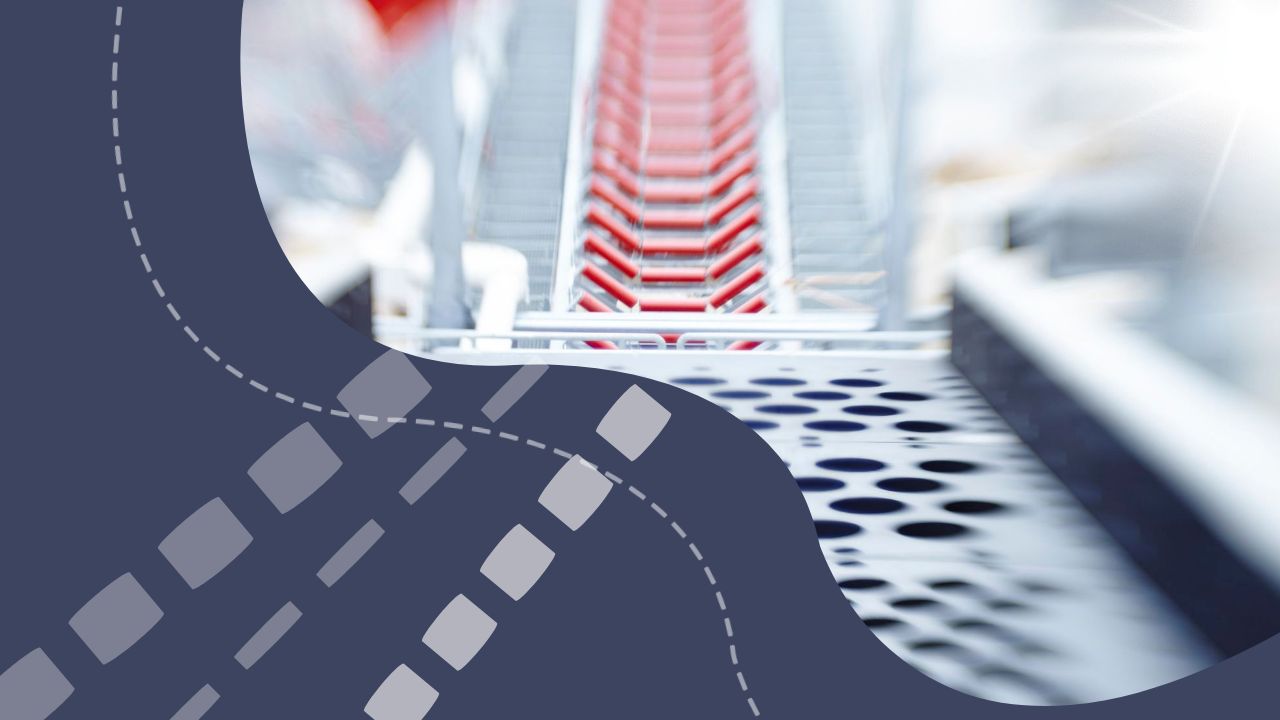The companies said the European Union’s current plans and funds were not enough for the necessary investments in the bloc’s battery industry for electric vehicles and renewable power storage – a pillar of the shift to green technologies.
“Today China controls not only large shares of cleantech manufacturing but also 50-90% of the critical minerals processing capacity needed for those, as well as many global resources,” said the letter to Commission President Ursula von der Leyen, signed by 16 companies and organisations.
They included miner Rio Tinto, chemicals group Solvay and battery materials makers Umicore and Northvolt.
“The U.S. is fast catching up with its mammoth investment package under the Inflation Reduction Act, while Europe’s investment climate has been further worsened from the ongoing Ukraine conflict,” the letter added.
The companies called for a European Critical Minerals Fund, which would operate on an EU level and which could directly finance companies.
They also urged the commission to expand its innovation fund with targeted support for the critical minerals sector.
Existing EU funding streams are “a patchwork of insufficient, uncoordinated and complex schemes” which focus mostly on research and development, they said.

